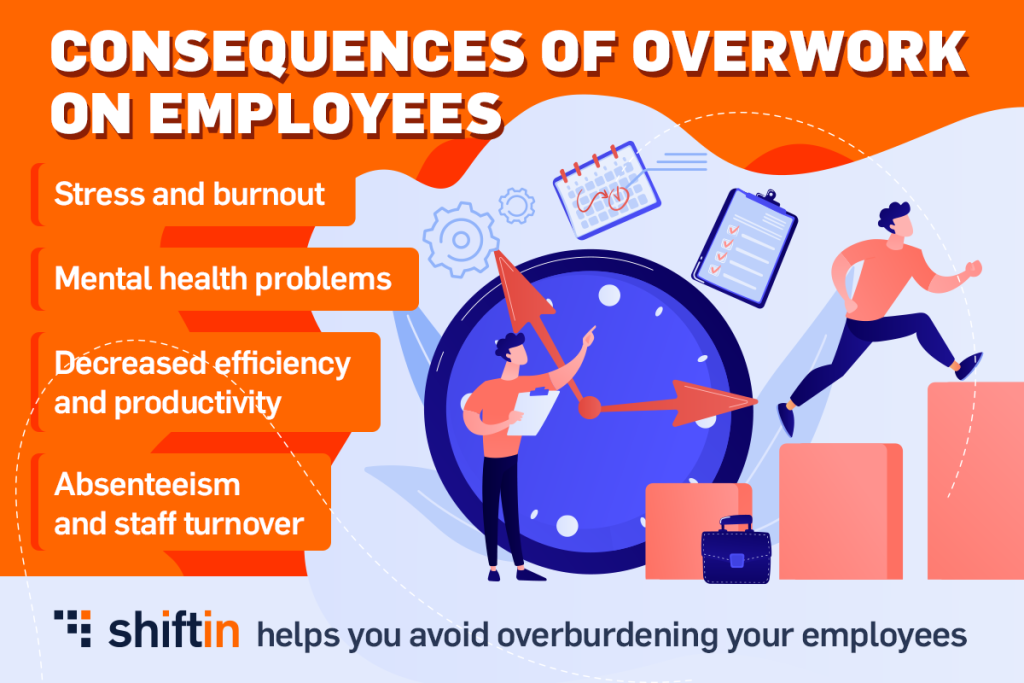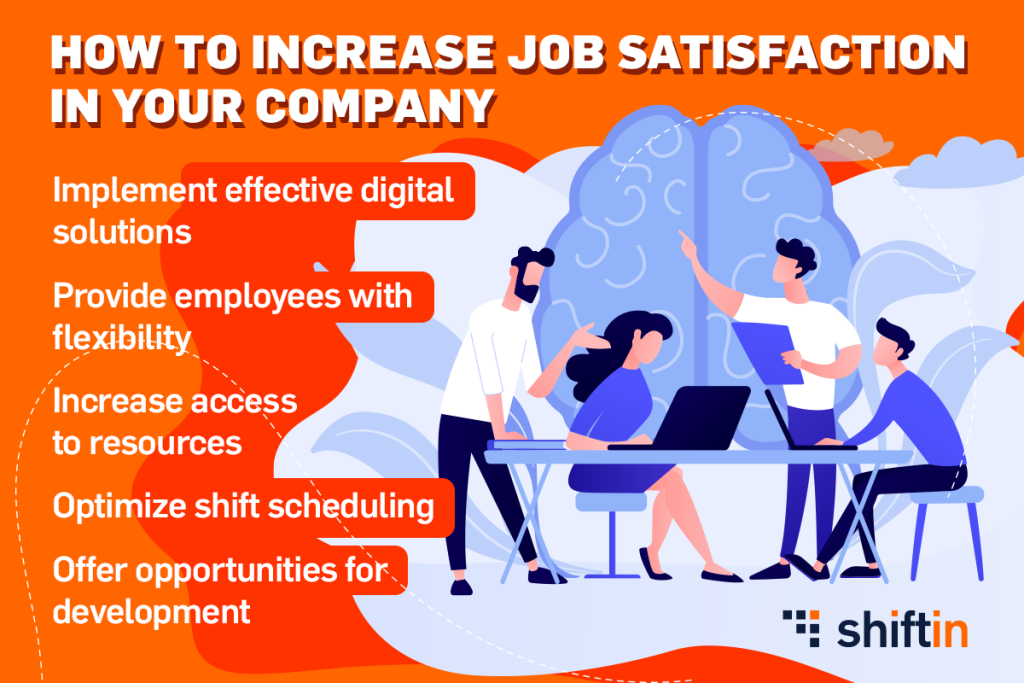Workplace overwork is an increasingly common problem in the modern professional environment. With the rapid pace of change and increasing demands from employers, many employees face constant pressure to perform. This overwork can have significant negative effects on employees’ mental and physical health, productivity and work-life balance.
What is overwork?
Workplace overload refers to the high level of stress and pressure that an employee experiences due to excessive workload, tight deadlines or unrealistic expectations. It can occur when employees are required to work frequent overtime, cope with a constantly increased workload or perform complex tasks without the necessary resources or support.
Overwork can also be rooted in organizational cultures that promote extreme competitiveness, a lack of work-life balance, or a lack of clear processes to prevent stress at work. When not properly managed, overwork can lead to a decline in efficiency and even absenteeism or staff turnover.
The effects of overwork on employees
Overwork can have devastating effects on employees, affecting both mental and physical health. Here are some of the main effects:
Stress and burnout
Overworked employees often experience high levels of stress, which can lead to burnout and decreased motivation. This can reduce productivity and quality of work.
Mental health problems
Prolonged stress can contribute to the development of mental health problems such as anxiety and depression. Work overload can also negatively affect interpersonal relationships, both at work and at home.
Absenteeism
Overworked employees are more likely to miss work due to exhaustion or physical and mental health problems, which can lead to frequent absenteeism.
Staff turnover
An organizational culture that allows overwork may lead employees to leave their workplace in search of a more balanced environment. This leads to high staff turnover and additional costs for the employer.
Decreased efficiency and productivity
Paradoxically, instead of increasing productivity, overwork often leads to a decrease in the efficiency of employees, who become more vulnerable to mistakes and lack of creativity.

How can I prevent employee overwork?
Preventing overwork in the workplace is key to maintaining a healthy and efficient environment. Here are some strategies employers can implement:
Monitor workload
It is important to ensure that each employee has a manageable workload and that tasks are distributed fairly across the team.
Flexibility and adequate resources
Offering flexible work schedules and providing the necessary resources to accomplish tasks can significantly reduce the level of overwork.
Promote a positive work environment
Creating an environment where employees feel they can communicate openly about stress and fatigue can help prevent overwork.
Stress prevention programs
Providing support programs to manage mental health and emotional balance is an important step in preventing burnout.
The role of work-life balance
The right work-life balance is crucial for preventing overwork. Employees who manage to maintain this balance are happier, healthier and more productive. Encouraging a clear separation between work and free time helps avoid stress and burnout.
Likewise, providing adequate time off and encouraging employees to take time off when they need it can prevent the accumulation of overwork and increase job satisfaction.
How shiftin helps you avoid overburdening your employees
shiftin is an innovative solution that helps you effectively manage your employees’ working hours and avoid overwork. With shiftin, you can easily track your workload and identify potential areas of overload. The platform helps you optimize employee schedules, implement flexibility solutions and provide the resources needed to increase efficiency.
By utilizing shiftin, you can help keep productivity high in your team without compromising the mental health and well-being of your employees. This is the ideal solution for companies looking to promote a balanced work environment and reduce turnover and absenteeism.




